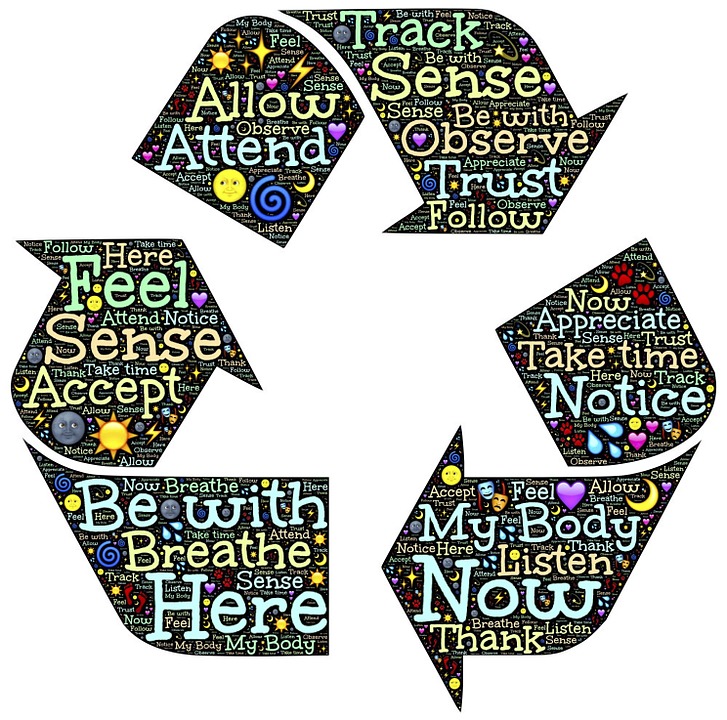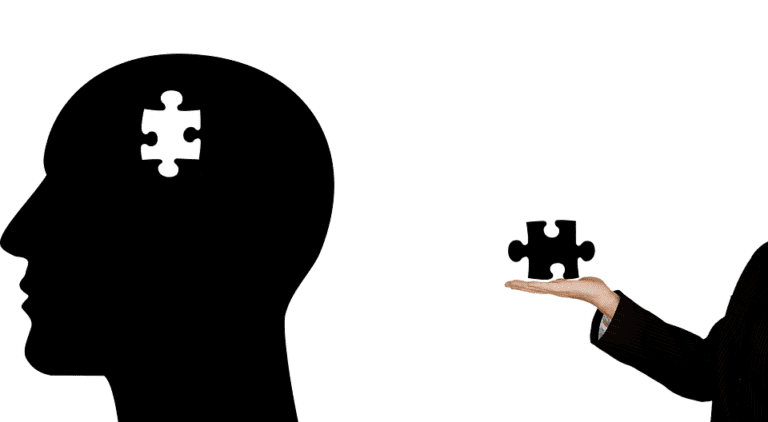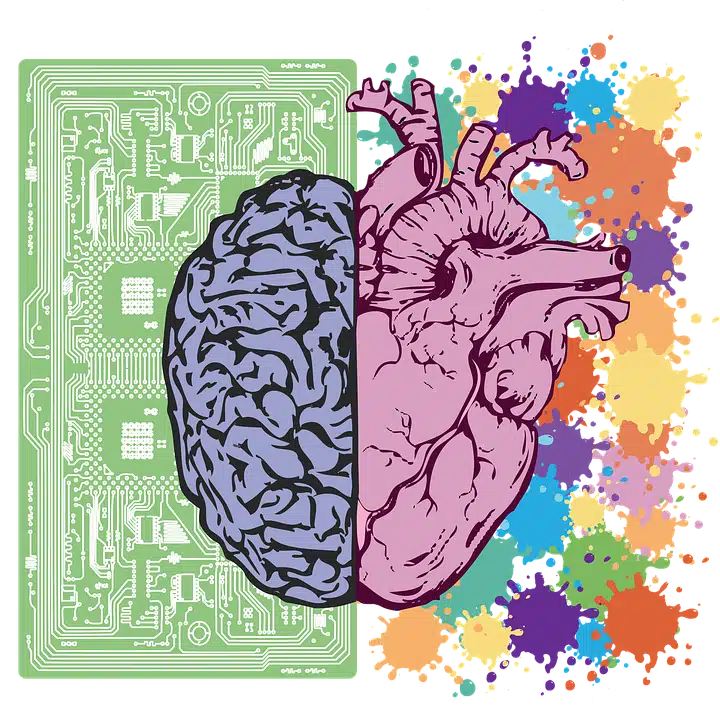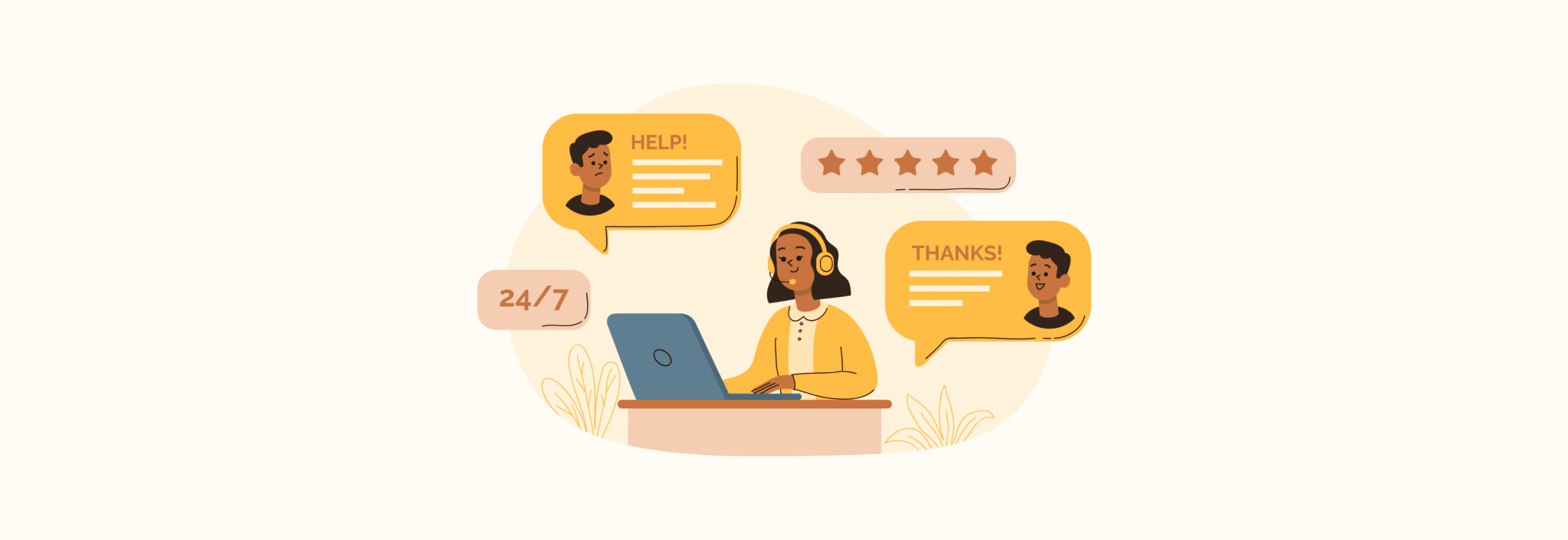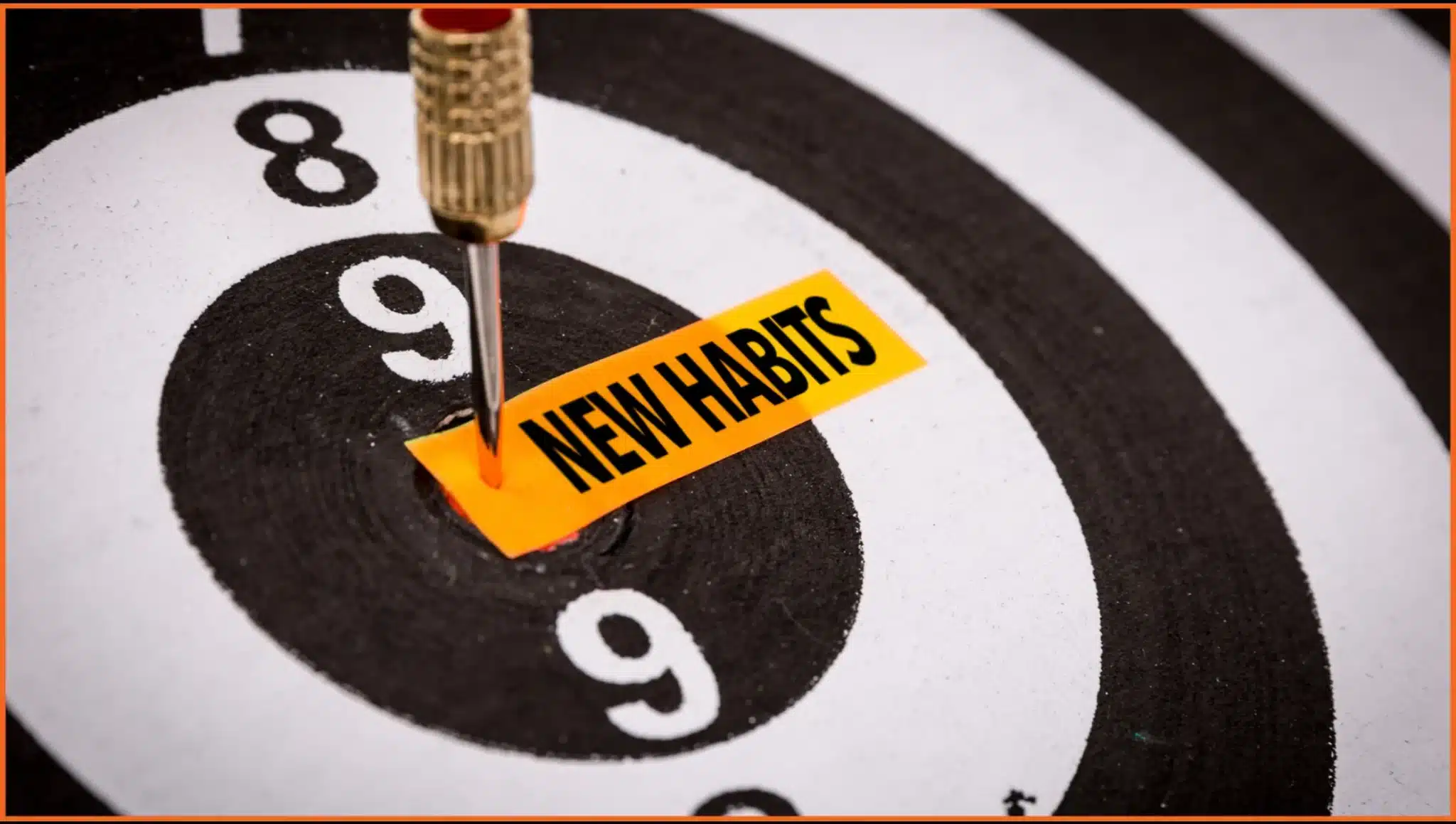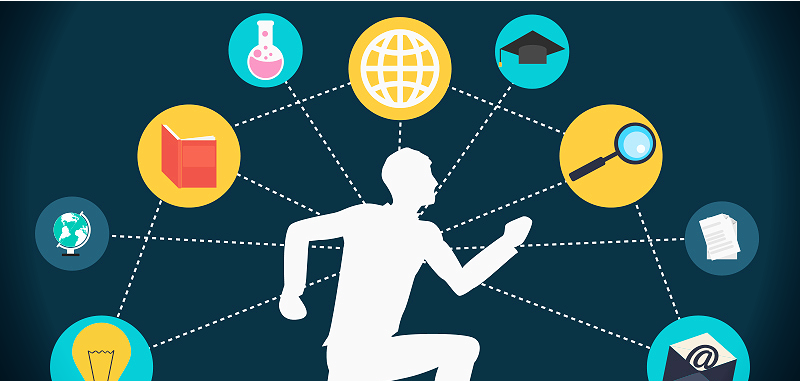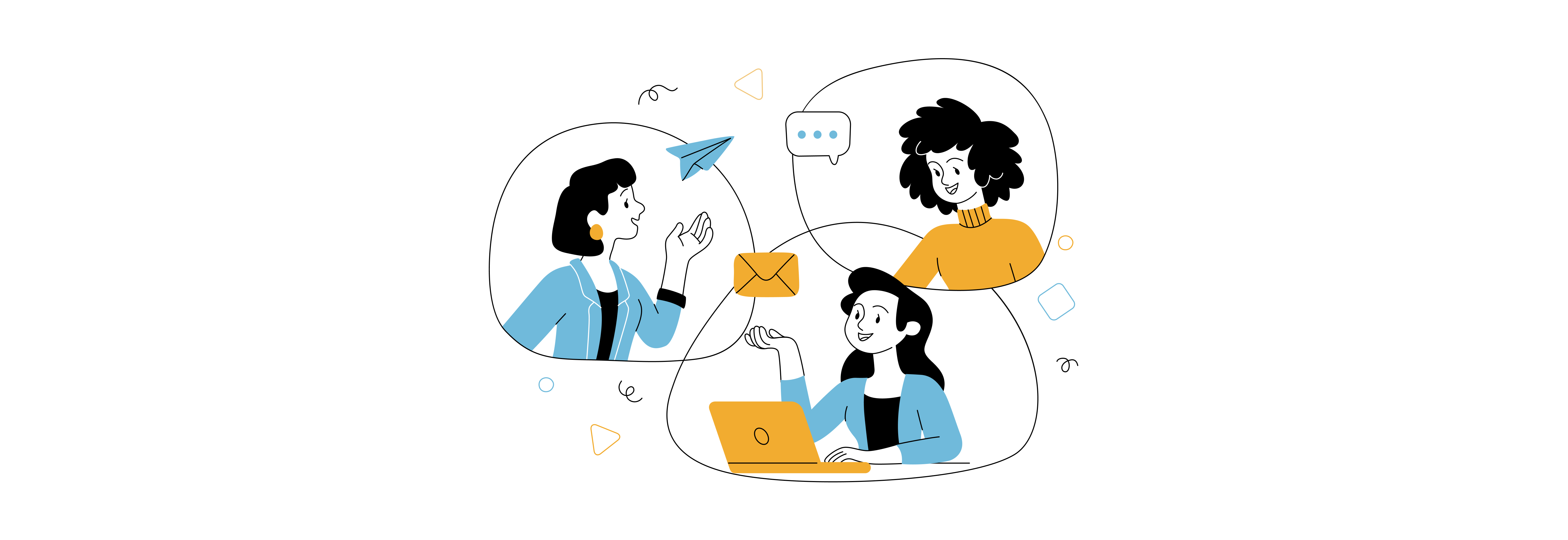“My experience is what I agree to attend to.” – The Principles of Psychology, Vol.1, by William James
Switch It Off!
Table of Contents
At our workplace, we have very recently started conducting regular #Powergyaan sessions, which are simply small sessions where anyone can share their thoughts/ learnings and/ or meaningful ideas. During one such session, one of my colleagues shared his learning from a Vipassana session that he had recently attended (a session about insights to the true nature of reality).
While, due to time constraint, he was able to cover only the basics of his learning from Vipassana, which is truly, only the tip of the iceberg and also the #easiest part, the learnings we received were hard enough to execute for a lot of the participants of that #powergyan session.
He mentioned the importance of spending time with oneself through meditation. What stuck with me is the metaphor he shared of our minds being like an empty house with lights switched on in every room, and attention is like a monkey who keeps wandering from one room to another. He mentioned how practicing meditation regularly can help in switching off the lights of each room, one at a time, so the monkey now has no choice but to go to the room we desire it to, to go as the lights are now switched off in all other rooms and it is dark.
Are We Ever Truly Focused?
Come to think of it, we are so distracted all the time. It is always a race against time for us! All the amazing books, lessons and training on time management teach us how important it is to have a dedicated to-do list or an agenda for a day or a week. And yet, we often see ourselves not meeting our goals. (When I say goals, I am referring to not just the professional deadlines, but also personal goals – such as health/ fitness goals, relationship goals, etc.) If we somehow manage to meet our goals at work and get that “outstanding performance” annual rating, we miss out on our personal goals of going for a run/ gym daily, or spending quality time with friends and family, or enjoying a hobby.
When we reflect on the possible solutions, it is easy to see how there’s something more than a simple “To-do” list that can help us stay on track. At the heart of the matter, it is all about scheduling our priorities. Simply put, what we choose to pay attention to, or as my colleague (and friend) stated – “the rooms you want the lights to go off so that the monkey doesn’t wander away aimlessly into”, is what will determine our productivity.switching-off the lights of the rooms where you don’t want the monkey to go. We have been unknowingly training our minds to stay distracted.
Work Those Grey Cells!
Yes, our mind, just as any other muscle in the body can be trained and developed. At work, even with a precise agenda, we find ourselves distracted with unexpected emails, phone calls, last-minute changes, unplanned meetings and putting off fires. Furthermore, it’s not only at the time of work that we are distracted, but we are also distracted even during at leisure time – like while watching television, we tend to respond to text messages. So much so, that we sometimes tend to pick up our phone just to just see if there may have been a notification that we may have missed.
Simply put, due to the fact that information today, is so easily and abundantly available, we are training our mind’s monkey to keep wandering and reaching out for more.
Choose The Right Door!
As skeptical as you may feel about this, deliberately choosing to put off certain things for later (or simply ignoring some) and just focusing on the thing that you must get done, is a sure shot way to beat distraction and boost productivity. Also, every time you find yourself distracted, shift your attention back to the task at hand. However, it is easier said than done.
An effective way to gain control on what you want to focus on is to focus on your breath, more specifically, the sensation when you breathe. By doing this every day, one can train the mind to increase the attention span thus enabling one to stay focused on one thing at a time. The distraction will not be tempting any more and it will be easier to not look at the phone or be tempted to respond to every email within minutes of receiving it.
An effective way to gain control on what you want to focus on is to focus on your breath, more specifically, the sensation when you breathe. By doing this every day, one can train the mind to increase the attention span thus enabling one to stay focused on one thing at a time. The distraction will not be tempting any more and it will be easier to not look at the phone or be tempted to respond to every email within minutes of receiving it.
Breathe Through It
The benefits of focusing on proper breathing techniques are manifold. Let’s go through some of them together!
Listen better
By not replying immediately to every email/ text or any other 1-o-1 conversation, you can actually respond in a more appropriate manner. It gives the mind time to listen (or read) to understand and not respond.
Get more done within the same 24 hours of a day
The most obvious benefit is the increase in productivity. The human brain cannot perform two tasks that require high-level brain function at once. It is no news that multi-tasking is just a myth. By controlling distractions, one can be truly present in the moment.
Quality time
You can truly “be there”, whether it is time spent with friends, family or work. In fact, studies have shown that even deep-rooted psychological problems can be healed with proper breathwork. Several studies demonstrate the differences in sleep architecture in practitioners of meditation who had enhanced states of Slow Wave Sleep (SWS) and Rapid Eye Movement (REM) sleep compared to that of a non-meditating control group. What this means is that someone who practices meditation sleeps better and easier. Good sleep is directly related to good health.
Control Is The Conclusion
Practicing the management of attention will not eliminate the distractions but will make you more aware of when you are getting distracted and will put the control back in your hands. You, then empower yourself to spend time doing the things that matter to you by deliberately choosing to not pay attention to things that don’t need your attention. You, then control your experience and hence your life!
